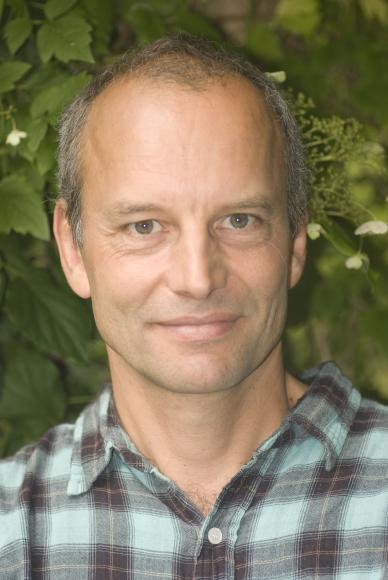
The Swedish government has terminated a four-year grant to a researcher at Uppsala University recently found guilty of misconduct — and, in a first, has also banned him from applying for grants for another two years.
A representative of the Swedish Research Council told us that it is “very rare” for the body to rescind a grant — and it has never simultaneously rescinded a grant and temporarily banned the researcher from applying for funding.
The researcher is Peter Eklöv, who co-authored a now-retracted Science paper which suggested fish larvae prefer to eat tiny particles of plastic over their own natural prey. As soon as it appeared in 2016, the paper earned both media attention and controversy, as critics alleged it contained missing data and used a problematic methodology. Late last year, the Swedish Research Council announced that Eklöv was among more than 300 recipients of new grants; his totalled 3,300,000 ($355,440 USD).
At the time, a representative of the Swedish Research Council told us it knew Eklöv was under investigation by Uppsala, and was awaiting that decision.
Last month, Uppsala determined that both authors of the 2016 paper committed misconduct by violating ethical regulations for animal experimentation; what’s more, the university ruled that Oona Lönnstedt, the paper’s corresponding author, “fabricated the results.”
Today, the Swedish Research Council forwarded us a letter it sent to Uppsala announcing it had terminated Eklöv’s grant. It writes:
Experiments requiring ethical approval of experiments on animals have been carried out without such approval having been obtained. Peter Eklöv had specific responsibility for ensuring such approval was obtained. In a scientific article for the periodical Science, Peter Eklöv also claimed that approval from the Ethical Review Board had been obtained for the experiments in question. The Swedish Research Council therefore considers that it is a matter of such unethical actions as constitute grounds for discontinuing the payment of the research grant. The fact that the unethical actions have occurred during research other than that for which financing was awarded on 26 October 2017 does not alter the Swedish Research Council’s opinion.
The spokesperson told us:
It is very rare for the Swedish Research Council to terminate a grant due to misconduct in research. This happens once or twice per year at most.
This is the first time that a decision to terminate a grant has also been associated with a qualifying period, where the researcher is barred from applying for funds from the Swedish Research Council for a specified period. The fact that a breach of grant conditions may be associated with a qualifying period is stated in our terms and conditions applicable to grants awarded as from 1 January 2017. We introduced this rule to be able to prevent grant recipients who have been found guilty of misconduct in their research (and thus breached the grant conditions) from immediately applying for new funds.
Eklöv can apply for funding from the Swedish Research Council starting in December 2019. He declined to comment to us; last month, after Uppsala’s decision was announced, he told Science:
I take full responsibility for the [issues] with the ethical permit. We have looked at our routines now, and it should not happen again. … But most of all I’m very disappointed by my colleague—to find out that she actually did fabricate data, which is very serious.
James Cook University in Australia is apparently investigating the research underlying Lönnstedt’s PhD thesis, according to The Australian.
Like Retraction Watch? Consider making a tax-deductible contribution to support our growth. You can also follow us on Twitter, like us on Facebook, add us to your RSS reader, sign up on our homepage for an email every time there’s a new post, or subscribe to our daily digest. Click here to review our Comments Policy. For a sneak peek at what we’re working on, click here. If you have comments or feedback, you can reach us at [email protected].